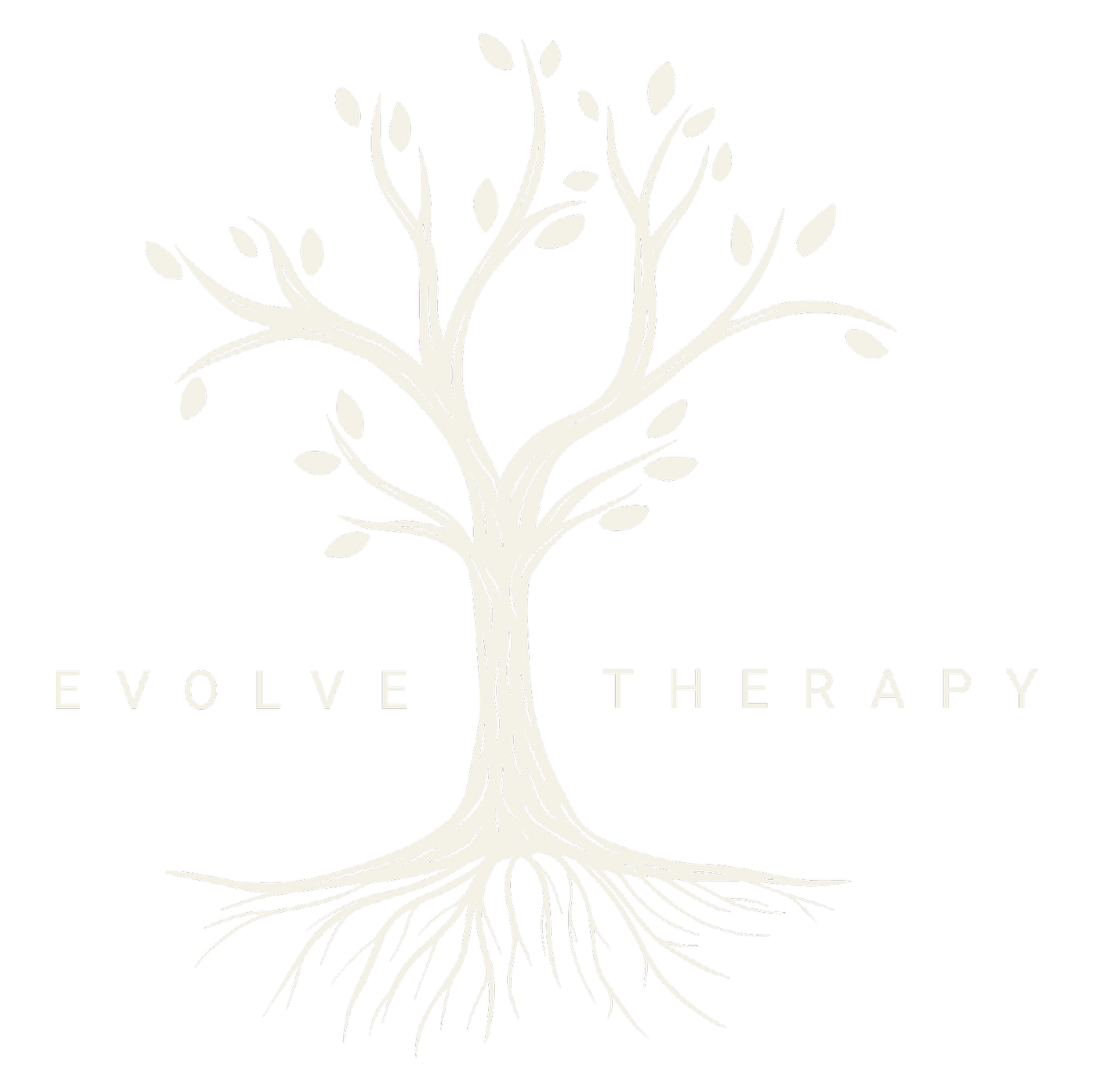The Truth About High-Functioning Anxiety (and Why Boundaries Matter)
TL;DR:
You’re the go-to person, the fixer, the one who always pulls it together. But lately, you’ve been spiraling by 3pm, snapping at emails, and wondering if you’re actually thriving… or just high-functioning and anxious AF. If boundaries feel like a foreign language and your brain won’t chill, anxiety therapy might be your next move.
Wait… Is This Anxiety or Just My Personality?
Let’s play a game:
Do you RSVP “yes” and instantly regret it?
Do you rewrite texts 6 times to sound “normal”?
Do you keep it all together externally while internally panicking over how Susan from work said “got it.” with no emoji?
If you said yes to any of the above… hi. You might be dealing with high-functioning anxiety, a.k.a. the kind that hides behind calendars, competence, and people-pleasing.
The Real Plot Twist: You Seem Fine
That’s the thing — no one would ever guess you’re struggling. You’re killing it at work, your house plants are alive, and your calendar looks like a beautiful mind map of productivity.
But behind that polished exterior is:
Racing thoughts
Exhaustion from masking how you really feel
The overwhelming pressure to be everything to everyone
And yep — a total lack of boundaries
This is why so many of my clients show up saying, “I’m not even sure if I’m anxious or just Type A.”
Spoiler: You can be both. And therapy helps.
How Boundaries (or Lack Thereof) Keep You Anxious
If you’re constantly overcommitted, emotionally drained, or doing the work of three people because “it’s just easier that way,” we need to talk.
Anxiety loves chaos
Burnout is its bestie
Lack of boundaries is the portal they crawl through
Anxiety therapy gives you the tools to:
Identify where you’re leaking energy
Say “no” without spiraling
Stop managing other people’s emotions
Finally feel like you’re in control of your own life
Mini Vignette: Sound Familiar?
A high-achieving creative professional came to therapy saying, “I’m exhausted, but everyone thinks I’m thriving.”
Every day felt like performance art: crushing deadlines, supporting the team, texting family back with emojis to avoid sounding cold. They’d lay awake at night replaying that one Slack message sent nine hours earlier.
Through our work, it became clear the anxiety wasn’t just random nerves — it was an entire system of overfunctioning built to feel safe. In therapy, they learned to identify that internal “urgency voice,” set boundaries without guilt, and trust that their worth wasn’t tied to their output.
Now? They still kick ass — but with rest, boundaries, and way fewer spirals.
But I Don’t Want to Lose My Edge
Don’t worry — we’re not throwing your ambition in the trash. You don’t have to become a chill cucumber person who lets emails sit unanswered for 3 days. (Unless you want to. In which case, live your truth.)
In anxiety therapy, we focus on regulating your nervous system, managing perfectionism, and learning how to function without frying your brain. You can still be you — just a version who actually enjoys rest and isn’t constantly bracing for the next fire.
What It’s Like to Work With Me
This isn’t cold-couch, blank-stare therapy. I’m a Licensed Professional Counselor, trauma-informed, and fluent in real talk, here to help you feel better, not just function better. My clients are often professionals, creatives, founders, or overachievers who are done white-knuckling their way through life.
We laugh. We swear sometimes. We go deep. You’re safe here.
Looking for something more structured or accelerated? I also offer therapy intensives so you can dive in without waiting months to get traction.
FAQ: Anxiety Therapy, Answered
How do I know if my anxiety is “bad enough” for therapy?
If it’s interfering with your sleep, diet, relationships, work, or ability to relax — it’s worth exploring. You don’t have to wait for a meltdown to get support.
What’s the difference between anxiety and high-functioning anxiety?
High-functioning anxiety looks like you’re fine — but inside, you’re bracing, worrying, and trying to control everything to feel safe. It’s anxiety in disguise.
Will therapy make me less productive?
Actually, therapy often boosts your productivity — by helping you work with your nervous system, not against it. When you're not constantly in survival mode, you make clearer decisions and recover faster.
What modalities do you use?
I pull from somatic therapy, Deep Brain Reorienting (DBR), attachment theory, neuroscience, Cognitive Behavioral Therapy (CBT), and good old-fashioned humor and humanity. We work at your pace — no cookie-cutter plans here.
Do I have to come every week?
Nope. I offer weekly sessions, biweekly, and therapy intensives — so we can find a rhythm that works for you and your schedule.
You Deserve Support Without Having to Earn It
If your brain won’t shut up, your calendar is a graveyard of other people’s priorities, and you’re tired of being “the strong one,” it might be time to try something different.
Explore anxiety therapy, check out trauma therapy in Phoenix if you suspect there’s more under the surface.
You don’t have to keep performing strength.
Takeaways:
High-functioning anxiety is real — and valid
Boundaries are where the healing starts
You don’t have to sacrifice ambition to feel better
Therapy helps you build emotional safety, not just coping skills
You are allowed to not be the fixer for once
Looking to connect with an anxiety therapist in Phoenix who understands high achievers with high-functioning anxiety?
It’s time to feel calm, clear, and actually in control.
(Arizona and Connecticut residents only)
About the Author
Beth Freese, LPC, is a trauma and anxiety therapist and chronic pain expert specializing in EMDR and Deep Brain Reorienting (DBR). She offers virtual therapy and in-person intensives in Arizona and Connecticut, helping clients move beyond overwhelm and reconnect with themselves.




